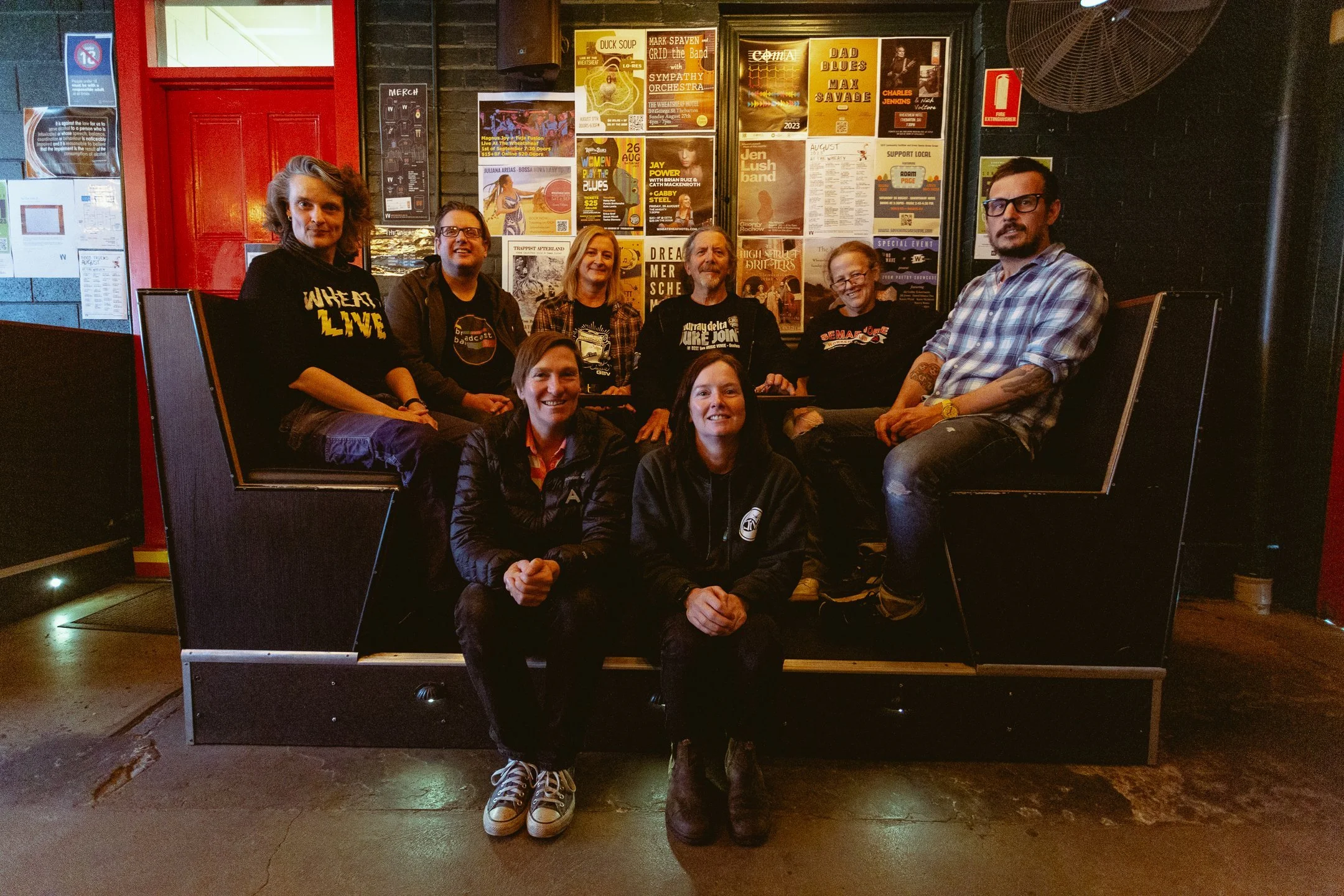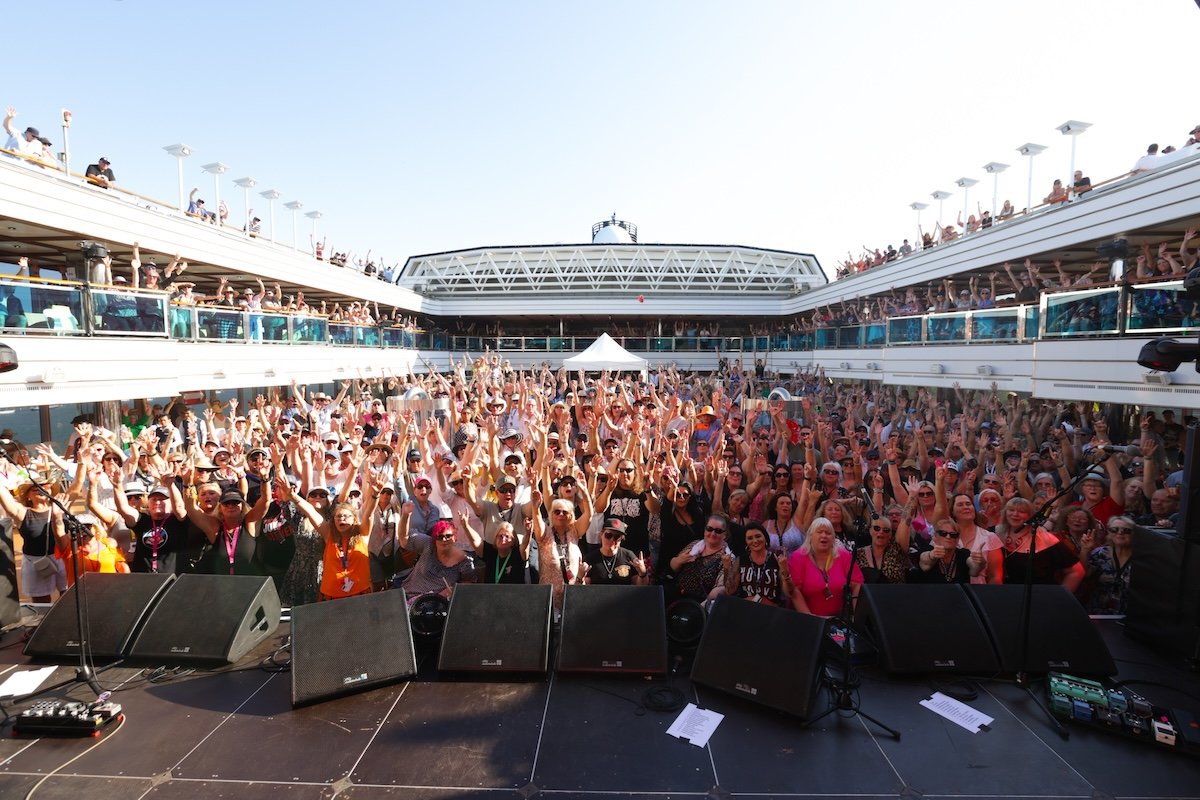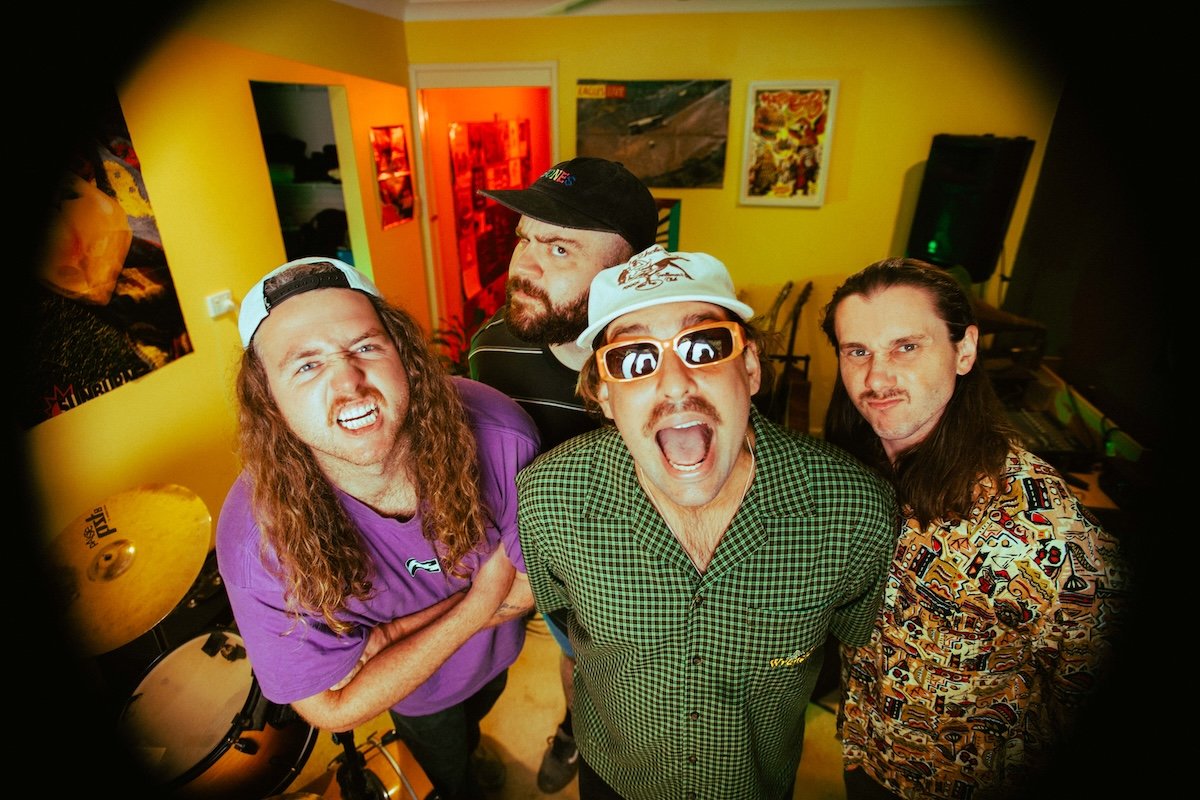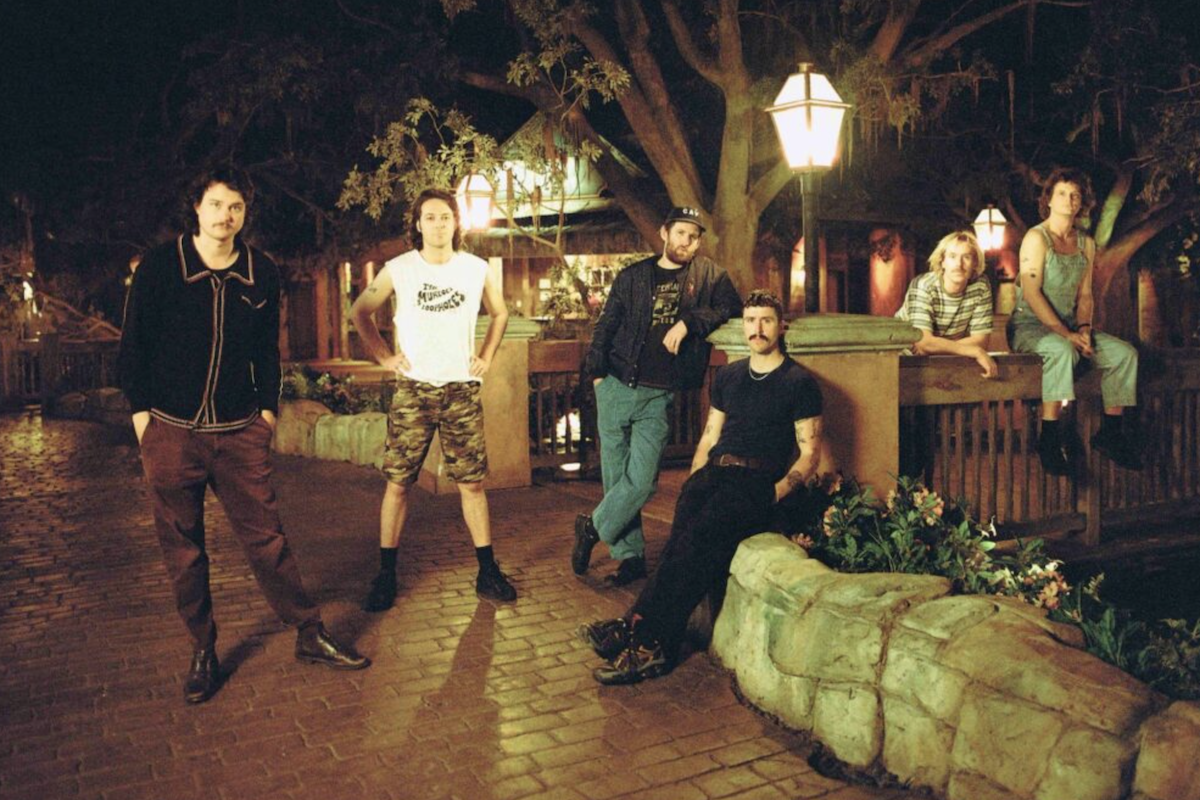COME TOGETHER: LIVE MUSIC'S NEXT MOVE
Seven independently-owned South Australian music institutions have banded together to create the Independent Live Venues Alliance, a collective championing the vital contribution grassroots venues make in the local scene.
PHOTOS BY JACK FENBY & EVIE WONDER
The next few months in the South Australian calendar would have you thinking the local music industry is bouncing back from the more than $1.4 billion it lost nationally during the pandemic. Most weekends, there’s a new event, festival or stadium show to attend, with huge international names flying into the state to play to crowds after a three-year break from global touring. It feels busy. It is busy. But SA is at risk of losing the places where music is made, loved and celebrated: in our grassroots, owner-operated live venues. Essentially, the live venues are feeling pressure from two sides: punters have more choice than ever from an over- saturated market of festivals and events; and they have less money to spend owing to the rising cost of living. Tackling these issues head-on is the Independent Live Venues Alliance (ILVA). This dedicated, nation-first initiative is spearheaded by several South Australian institutions: Jive, Grace Emily Hotel, Broadcast Bar, The Gov, The Wheatsheaf Hotel, Semaphore Workers Club and Goolwa’s Murray Delta Juke Joint. Inspired by UK registered charity, Music Venue Trust, ILVA is advocating for the future of the state’s music scene, creating awareness and celebrating the crucial part independent venues play in supporting and sustaining the next generation of bands, artists and industry professionals. “There needed to be a voice for our role in the industry,” says The Wheaty owner and publican, Jade Flavell. “We’re the lifeblood of the live music scene. Our core business is inherently and intrinsically valuable. “We’re experiencing a really tough time due to a lot of factors. We’re at the point where we can’t lose a venue. If we do, it’ll hurt us all. It’ll be a huge loss to the South Australian cultural scene and music more broadly.” We’re chatting in the front bar of Grace Emily Hotel just days after the alliance was officially announced, joined by the Grace’s Sym Jarowyj and Jive’s Tam Boakes (who also sits on the Premier’s Live Music Council). In just days, ILVA has received groundswell support for the collective and their first initiative, Everyday Festival, from folk determined not to lose the places where they’ve seen hundreds of shows or scored their first gig. “It’s great, everyone’s feeling really good about it. We’ve always worked together to a degree, but what’s new
is that we’re formalising it,” says Jade. “We’re working together to do something positive and to protect something we all love that’s in danger.” “It’s very much a support local campaign,” adds Tam. “We need people to remember we’re here.” A BREAK IN THE FEEDBACK LOOP
There are several reasons why grassroots venues have seen a serious dip in trading post-pandemic. “Partly,
it was that burst post-COVID,” says Tam. “There was a massive saturation in events.” There’s more to see and do than ever before, and it’s exciting to see this side of the industry thrive post-pandemic. But the flow-on effect from major events can reduce foot traffic through local music joints. And while the trio are quick to note big-ticket shows are important for the scene and serve a purpose, they agree we need to find ways to champion all aspects of the sector post-COVID. “Pop in on the way for a beer to the festival!” says Tam. “Yeah, I’ve got no qualms with people using [Grace Emily Hotel] as a little hop to go see something,” adds Sym. “Festivals are great, we need them. They’re sugar hits,” says Jade. “[But] the point of an ecosystem is that everything’s interrelated. If there’s a big focus on festivals, it’s going to affect grassroots venues. We need to be aware of that. Festivals or stadium shows can’t happen without a venue to develop talent, audiences and technicians.” Inflation has also seen prices skyrocket. A 2022 report produced by Live Performance Australia found production costs have increased by 30-70 per cent since the pandemic. It’s forced bands to tighten their touring ambitions, ticket prices to rise and show attendance to slow. “I had two gigs in July,” says Tam. “Bands aren’t touring. It’s expensive. Then that hurts local bands because that’s where they get to play as support acts.” Economic downturn, coupled with the industry mass exodus during COVID-19, has created a severe skills shortage in all areas across the live music sector. “There are not enough sound techs, not enough merch people,” says Tam. “That whole community is gone. You’ve got to build that again. We can’t survive with no trade and skills. There’s a lot of recovery to do.” These aren’t solely South Australian issues. HiWay Enmore and Frankie’s in New South Wales are just some of the beloved music venues nationally that have ceased operation post-pandemic. Others, like Badlands Bar, Cherry Bar and Yah Yah’s have all publicly disclosed that they’re edging toward permanent closure. And in May, more than $3 million was crowdfunded to save Melbourne music institution The Tote from going under. “We have to ask the question: do we want this as a community?” says Jade. “Do we want live music to continue? If we’re not careful, we’ll get the culture we deserve. Which, at this point, is a desert.” A WAY FORWARD
Finding sustainable ways to strengthen grassroots venues’ longevity is the main goal of ILVA, and for them, that starts with their first initiative: Everyday Festival. The four-day music event, supported by the Music Development Office (MDO), will see 14 gigs hosted at the seven ILVA venues between October 19-22. The venues haven’t booked any additional acts to play throughout Everyday Festival. Instead, it was created to highlight the diverse and exciting acts already playing at each place and, as Tam says, to “celebrate what we do every day.” “The response from punters and bands has been overwhelmingly positive,” adds Jade. “Everyone thinks it’s fantastic. It’s exciting.” The shows include single launches for local acts Colourblind, MANE, Stormy-Lou and Kings & Associates, supported by Adelaide bands Oscar the Wild, TUSHAR and The Munch. There are also performances by Alison Coppe, Naomi Keyte, The Fallen Saints, The Little Dirty Roots and American punk-rock band, Strung Out. “We’re just trying to remind people that this is what we do,” says Tam. Every dollar spent goes to a local artist, local sound tech and a local staging company. It’s always staying within [SA].” Everyday Festival is ILVA’s immediate response, but the alliance is already looking at how it can help address bigger problems. Industry consultation and funding transparency are some of the other key focuses of the collective, particularly as the federal government begins to develop a national cultural policy. Inspired by methods adopted by the UK’s Music Venue Trust, ILVA is also conceptualising an idea nicknamed the ‘Big Ticket Levy’. “It’s an acknowledgement of the development role [grassroots venues] play,” explains Jade. A portion of a festival or stadium show ticket – about $1 – is reserved for a fund that’s evenly distributed to local, independently-owned venues to help them subsidise essential costs. It’s an initiative that’s been successful in both the UK and France. Developing an idea like the ‘Big Ticket Levy’ is a long-term goal for the alliance. But for now, creating community awareness and celebrating the important role grassroots venues fulfil is where ILVA’s attention is focused. “It’s encouraging people,” says Jade. “It’s like, ‘This is your venue’. They’ve spent hundreds of hours here enjoying themselves, listening to music, meeting people. That’s what makes venues cultural hubs. “It’s where everything starts. Live music matters, grassroots venues matter, punters are essential. Back what you love, or it might not be here in a couple of years.” To find out more, head to ilva.com.au or @ilva_au 






























